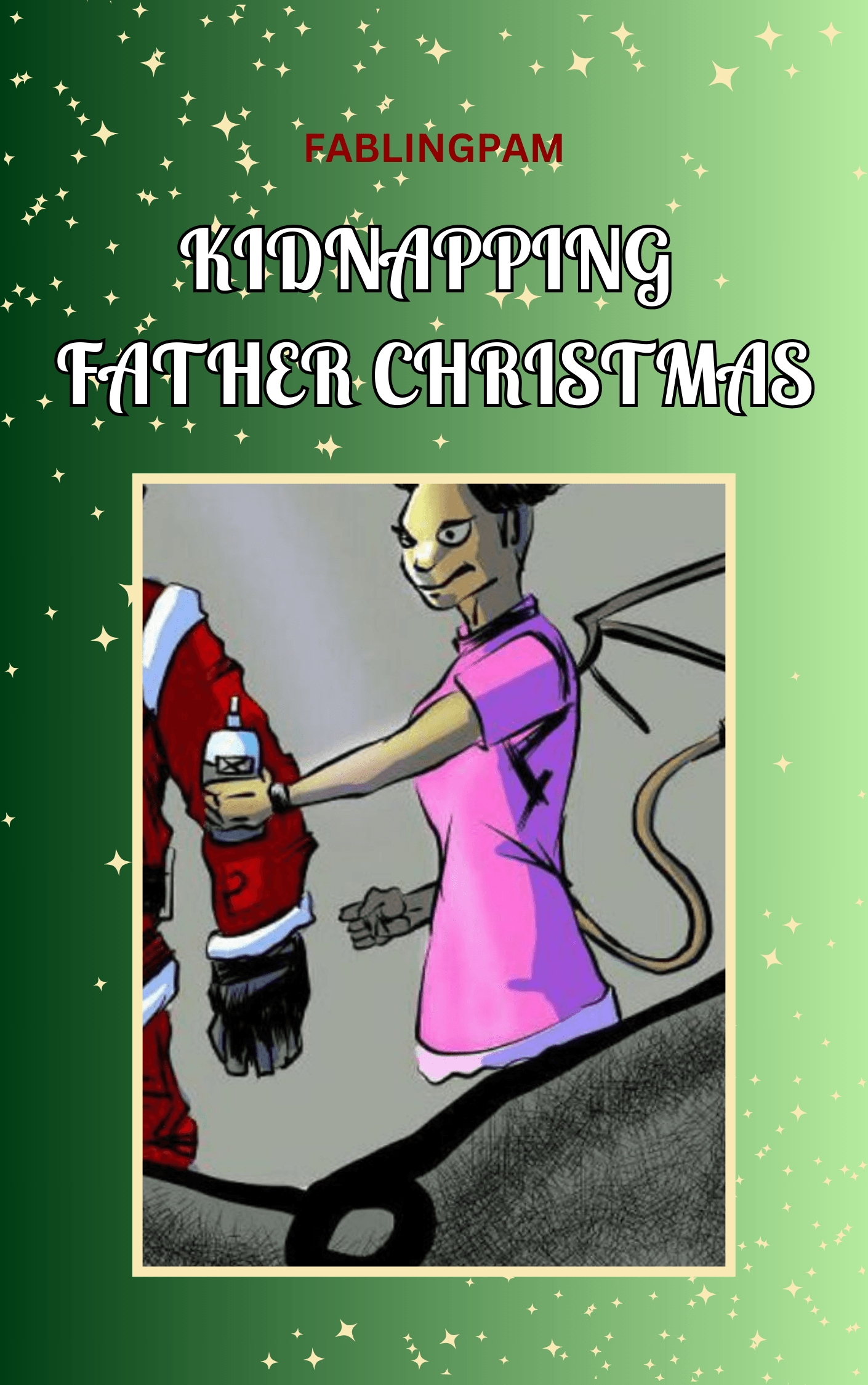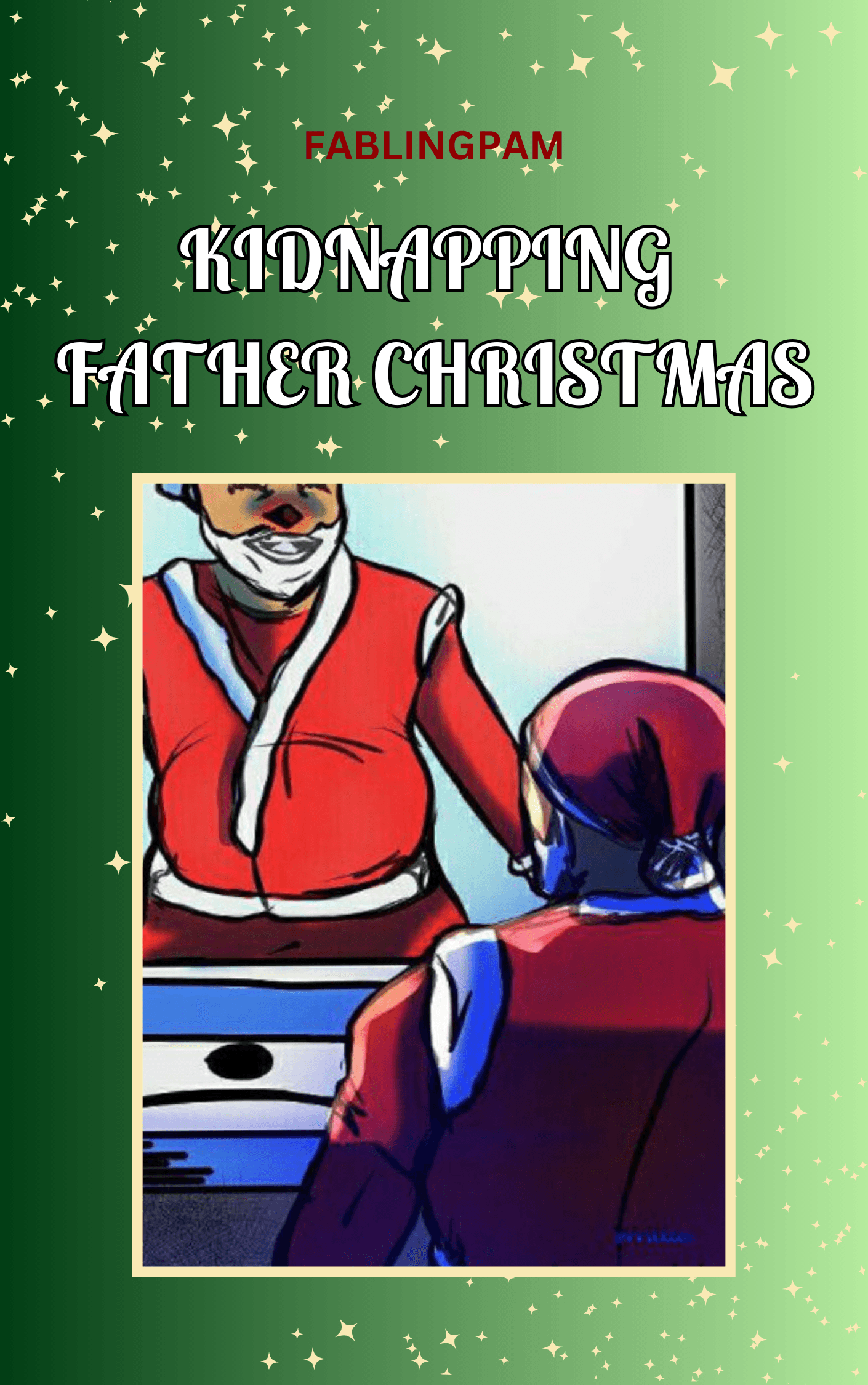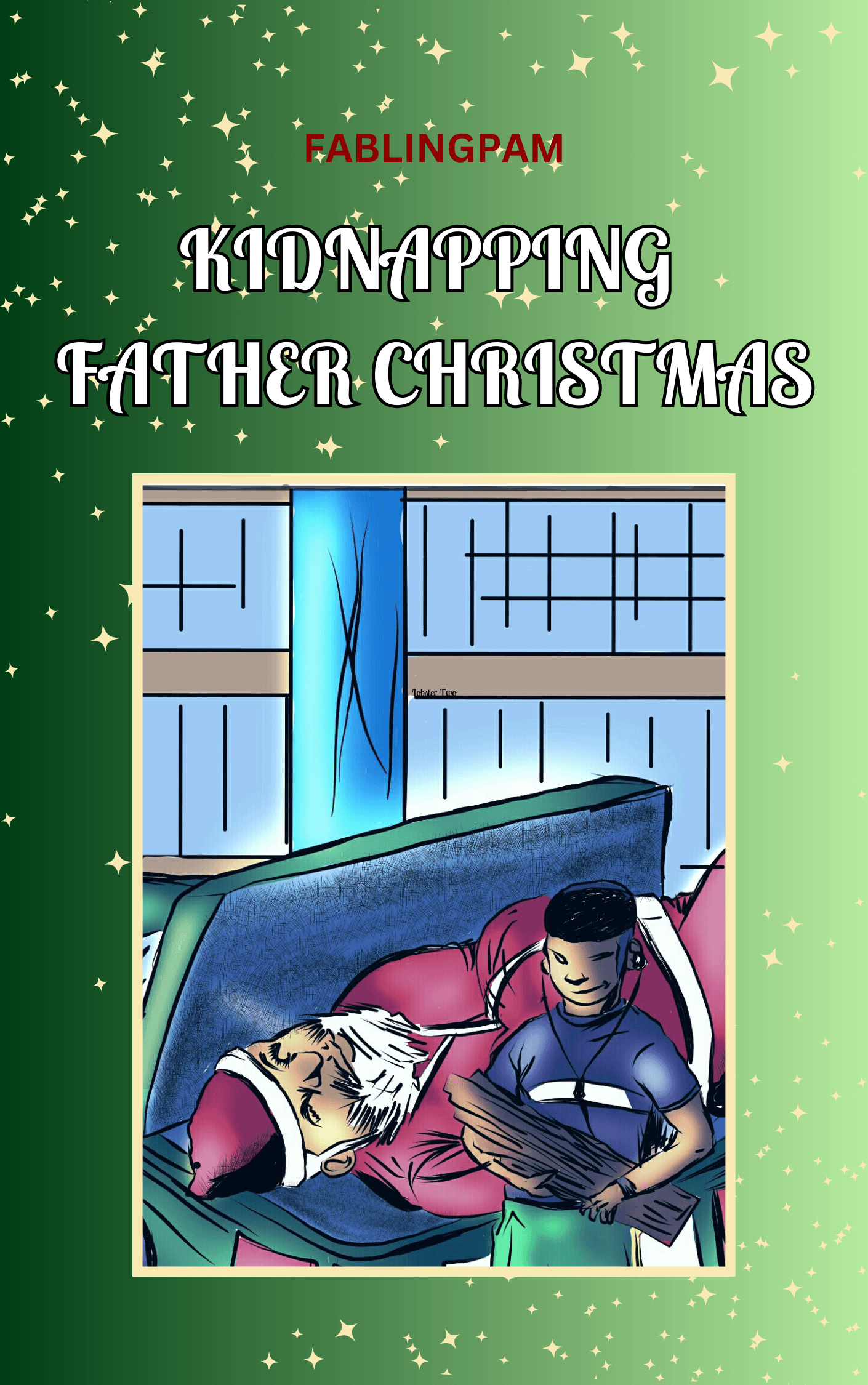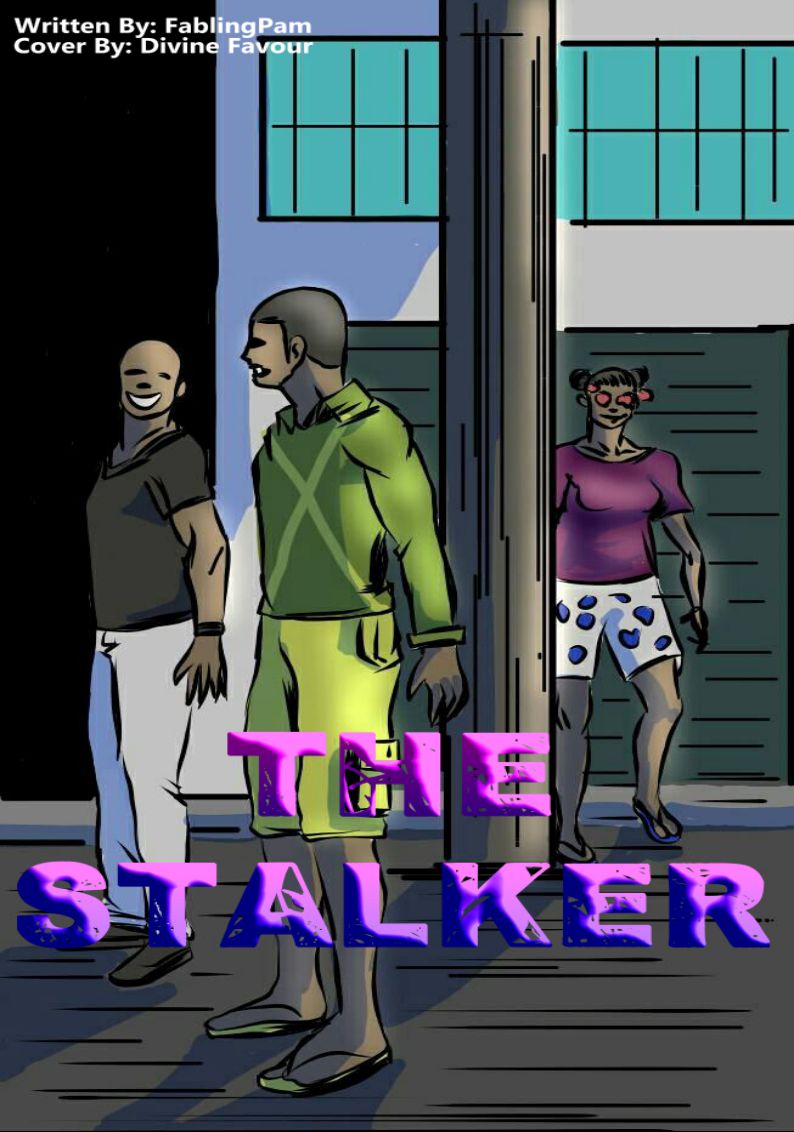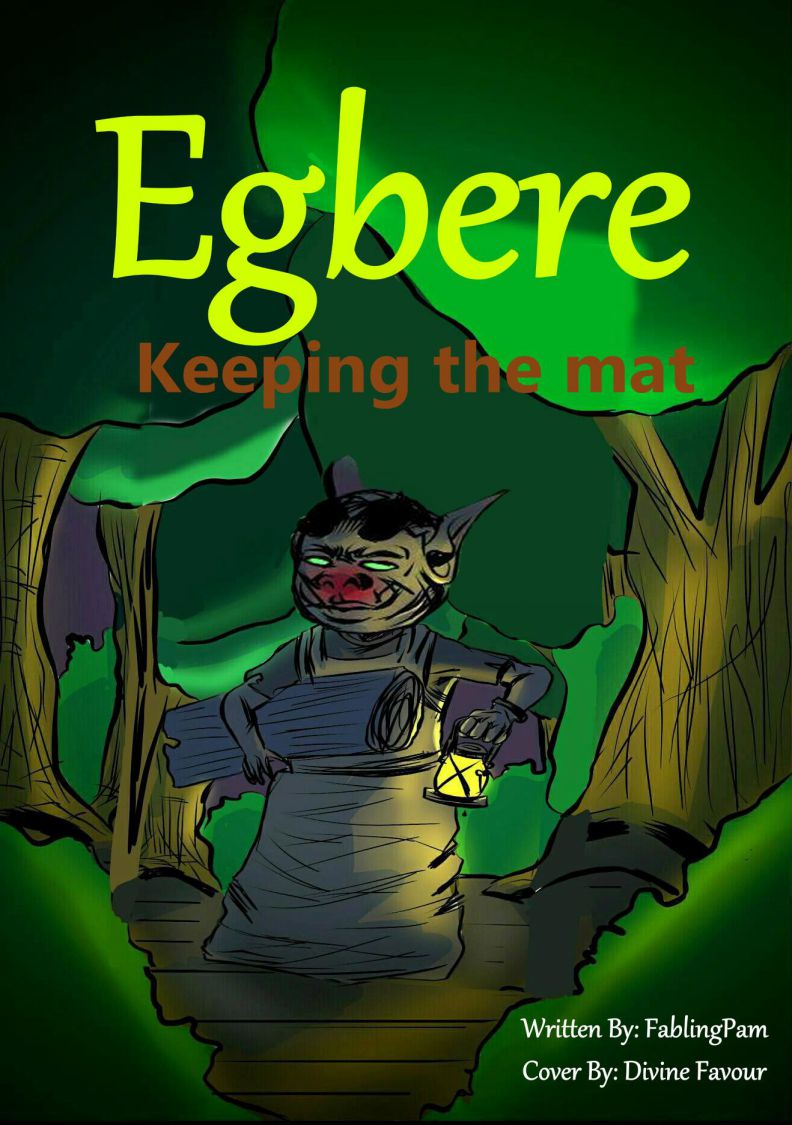
Kidnapping Father Christmas: Chapter 5
“We found the real Father Christmas!” Chukwuma exclaimed.Some minutes later the boys returned to school to meet the girls who were also excited about their find. Malik whispered to…

Kidnapping Father Christmas: Chapter 4
“The one that they will bring to your school is the real Father Christmas.” Ebuka thought, “If the one they bring to your school is not then it is…

Kidnapping Father Christmas: Chapter 3
“Me, I’m calm.” Oyinbo replied “I go the place yesterday and dem don employ me as dem Father Christmas.”

Kidnapping Father Christmas: Chapter 2
“Oyinbo!” The voice of a short, stout woman sliced through the morning air, erupting from a tiny roadside bungalow in the grittiest part of Isheri. Clad in a worn…

